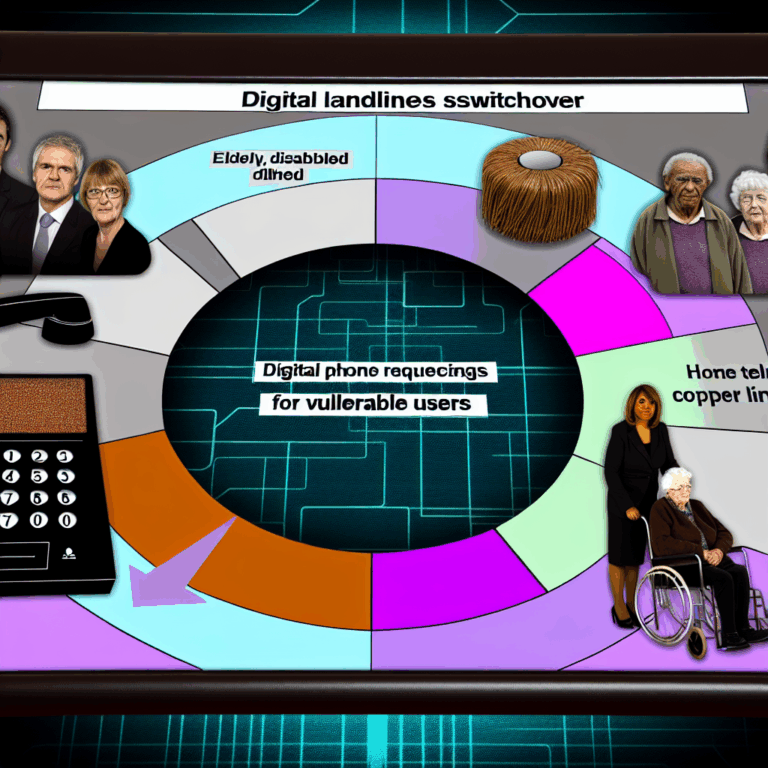BT has launched a significant new campaign in collaboration with renowned TV presenter Moira Stuart to facilitate and support the UK’s digital voice switch-over, focusing particularly on vulnerable users. This initiative aligns with ongoing efforts to ensure a smooth transition away from traditional analogue landlines, which are being phased out by the end of January 2027.
The switch-off, initially scheduled for December 2025, was postponed to give the industry and consumers more time to adapt, especially those relying on critical telecare systems used by the elderly, disabled, and vulnerable residents. Openreach is withdrawing its old Wholesale Line Rental (WLR) products, and BT is retiring its Public Switched Telephone Network (PSTN), moving towards a future where full fibre broadband and IP-based telephony dominate the telecommunications infrastructure.
This transition is driven primarily by the diminishing reliability of copper networks, which are becoming harder and more costly to maintain as they decline in quality and parts become scarce. The shift also aims to support the UK’s broader digital transformation plans, including the expansion of Fibre To The Premises (FTTP) broadband services. Both government and industry leaders have emphasized that no vulnerable customers will be migrated until their telecare systems are verified compatible with digital services.
One of the key features of BT’s latest campaign is its regional rollout targeting vulnerable customers, offering free in-home visits and battery backup units to maintain connectivity during power outages. The phased deployment will start in late spring and cover regions such as the East of England, Northern Ireland, Wales, and Yorkshire & Humber, followed by other parts of the UK throughout 2025.
Moira Stuart expressed her support for the initiative, sharing her experience with landlines and the importance of the support provided by BT. She highlighted that for most consumers, switching to Digital Voice is straightforward—simply plugging their phone into the broadband router—while the campaign aims to reassure and assist those with additional needs. The effort underscores a broader industry move to protect vulnerable populations during this significant technological transition.
BT plans to deliver comprehensive support, including a dedicated landline service for those without broadband, and offers a four-week notice prior to any service changes. Customers can register for extra assistance via the BT website, ensuring they are not left behind in this national shift to modern telecommunications technology. The company’s approach, emphasizing collaboration with local authorities and community organizations, sets a precedent for other providers to follow in safeguarding vulnerable users during this critical upgrade.






